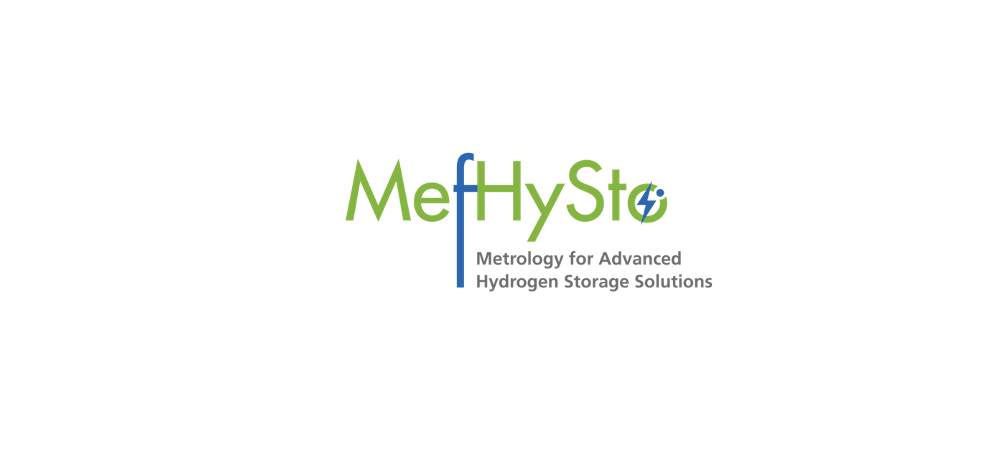Metrology for Advanced Hydrogen Storage Solutions
The European Union is committed to tackle climate change and environmental degradation. The European Green Deal is a direct translation of this ambition, being one of its goals to ensure net zero greenhouse gases (GHG) emissions by 2050. Five sectors emit the bulk of the European Unions greenhouse gases: 28% comes from transportation, 26% from industry, 23% from power, 13% from buildings, and 13% from agriculture. Across sectors, fossil fuel combustion is the biggest source of GHGs, accounting for 80% of emissions. Decarbonising the energy systems implies, amongst other solutions, the use of green hydrogen as energy carrier.
Hydrogen combines energy density, fluid-handling capacity and zero emissions when converted into other forms of energy. When hydrogen is produced from renewable electricity, the whole energy system becomes green and sustainable. Furthermore, green hydrogen offers an ideal energy storage solution in a flexible and reliable energy integrated system. This project paves the way to storage electricity into green hydrogen within an optimised and affordable solution, being aligned with the thematic priority 5, Climate, energy and mobility. This main objective of this project is the contribution to the solution of the energy futures dilemma of energy security, flexible and smart systems integration and sustainable development with flexible and affordable green energy storage through the thermophysical characterisation of sustainable fluid fuels (complex systems with hydrogen) to be deployed during the energy transition period towards the net zero GHG emission economy. The use of Ionic Liquids + solid storage materials and liquid organic hydrogen carriers will facilitate new solutions for hydrogen storage and transport. Using high accurate experimental techniques, key properties such as density, viscosity, heat capacity and solubility will be determined in the ranges of utilization of the mixtures under study. These fundamental experimental data are needed to optimise the models required to understand the behaviour of those fluid mixtures and the design and optimization of the generation/conversion/storage/transport/use energy vectors chain, which in turn enables the integration of these fuels in the new energy systems. Moreover, the effect of impurities, water in particular, in the properties of hydrogen as well as the performance of ionic liquids and the liquid organic hydrogen carriers will be studied. A humidity generator will be designed for the measurement of water content in hydrogen; a new primary standard hygrometer will be developed using the humidity generator and the quasi-spherical microwave resonator.
The research project will impact in energy producers and distribution networks; fuel cells and electrolysers manufacturers; transport, heat and industry sectors; and end-users. All of them will benefit from an alternative technology to supply green energy.
EURAMET EMPIR 2019. Reference: 19ENG03
Funding entity:

Principal Investigator:

David Vega Maza
Distinguished Research Fellow – Beatriz Galindo

Miguel Ángel Villamañan
Full Professor of Thermodynamics


